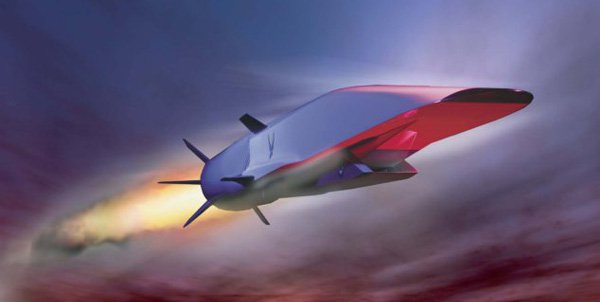
For decades now, supersonic flights over the United States have been banned because of the ear-splitting booms that accompany a jet breaking the sound barrier.
But now, in pursuit of a quieter sonic boom, NASA is launching a series of tests.
Live Science reports that this fall, a supersonic military jet will zip over the Gulf of Mexico, where it will release the traditional thunderclap.
Then it will zoom over nearby Galveston and do similar maneuvers, but producing what they hope will be quieter booms
The report said the tests will use the F/A-18 Hornet aircraft to determine “how much sonic noise people of the ground deem acceptable.”
“By rating the feedback from the audio sensors and about 500 local volunteers on the ground, NASA scientists will get a better idea of what people think of the plane’s volume,” Live Science said.
“We’ll never know exactly what everyone heard. We won’t have a noise monitor on their shoulder inside their home,” said a NASA spokeswoman, Alexandra Loubeau.
“But we’d like to at least have an estimate of the range of noise levels that they actually heard.”
The tests are needed, Live Science said, because just months ago NASA awarded Lockheed Martin Aeronautics Company a $247.5 million contract to build the X-59 “QueSST.”
It is intended to be a quiet supersonic plane.
Ed Haering, a NASA aerospace engineer, explained the airplane’s shape is “carefully tailored such that those shock waves do not combine.”
If the tests go as planned, “instead of getting a loud boom-boom, you’re going to get at least two quiet thump-thump sounds, if you even hear them at all,” Haering said.
Lowering the impact of breaking the sound barrier could lead to a relaxation of the national and international bans on supersonic flights over land, officials said.
That would mean new markets for commercial aircraft.
























